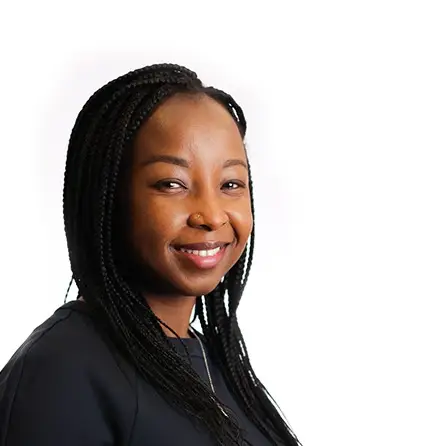Like elsewhere, abortion has been a deeply polarising, controversial topic in Africa. Issues of bodily autonomy and reproductive rights will take centre stage at the Medico-Legal & Ethics session on day three of Africa Health 2024, which will be held in the Mother City, for the first time in the conference’s 15-year history.
The session will unpack the disconnect we see on the continent between abortion policies and laws in Africa, and African women’s lived realities, with an inclusive format that aims to transcend the theory-practice divide.
This provocative discussion will feature expert voices from both sides of the divisive issue, inviting rigorous adversarial debate, as well as bridge-building and an attempt to align in diversity, and to converge on the common ground of shared humanity.
“The complexities of healthcare ethics in Africa demand nuanced, culturally sensitive discussions,” says Cynthia Makarutse, spokesperson for the organisers of the Africa Health Congress.
“This session aims to create a space where diverse perspectives can be heard and understood, fostering a dialogue that reconciles the modalities of traditional values and modern healthcare realities. Our goal is to navigate this challenging terrain with empathy and wisdom, always keeping the well-being of African women at the forefront of our considerations.”
The event follows in the footsteps of last year’s informative gathering at the 14th Human Rights & Medical Law Conference, where leading medico-legal thinkers from around the continent highlighted the fundamental relationship between African environmental conservation, Indigenous knowledge, and traditional African ethical modalities and ontologies.
Participants zoomed in on Ubuntu – an African philosophy in which family, community values and human interconnectedness are core tenets – and its manifestations and implications in formal systematised healthcare settings.
In this spirit, this year’s event will see an esteemed panel of experts explore the nuances of healthcare ethics in Africa, primarily through the lens of reproductive rights, abortion rights, and women’s dignity.
One of the panellists involved with this conference is former Western Cape Health MEC Dr Nomafrench Mbombo. She is currently a professor at the University of the Western Cape.
“I look forward to debating this especially important set of topics with my colleagues when we gather in Cape Town. For me, the focus will be on access to Sexual and Reproductive Human Rights (SRHR) through skilled and empathic health workers that can prevent or even reduce medico/ legal challenges,” says Dr Mbombo.
SRHR is a reference to the human rights of women which include their right to have control over and decide freely and responsibly on matters related to their sexuality, including sexual and reproductive health, free of coercion, discrimination, and violence.
The session features a more open, participatory format than previous iterations. Thus all attendees are given a voice, and a chance to have their say; building on, pushing back against, or requesting further elaboration on points raised by the main speakers.
The Medico-Legal and Ethics session, which forms part of a comprehensive three-day programme at the continent’s premier healthcare conference event, will be of particular interest to healthcare legal practitioners, facility administrators, policymakers, and compliance auditors, as well as to academics, human rights activists, and those currently serving on ethics committees.
“At the heart of this session is an impulse to rehumanise healthcare in Africa. In scaling our systems over the decades, we may have lost some of the human touch, the empathy, the Ubuntu, and the family values. This session is about how we can ensure the scale, efficiency and reliability of technocratic modern healthcare systems are balanced with individual needs and compassionate care.” says Makarutse.



